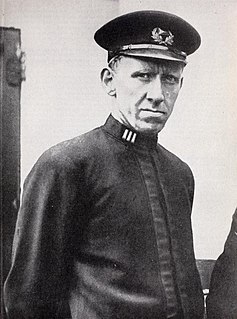A Quote by Niccolo Machiavelli
The fact is that a man who wants to act virtuously in every way necessarily comes to grief among so many who are not virtuous.
Related Quotes
A man who wishes to make a profession of goodness in everything must necessarily come to grief among so many who are not good. Therefore, it is necessary for a prince, who wishes to maintain himself, to learn how not to be good, and to use this knowledge and not use it according to the necessity of the case.
I would injure no man, and should provoke no resentment. I would relieve every distress, and should enjoy the benedictions of gratitude. I would choose my friends among the wise and my wife among the virtuous, and therefore should be in no danger from treachery or unkindness. My children should by my care be learned and pious, and would repay to my age what their childhood had received.
Remember that you are an actor in a play, and that the Playwright chooses the manner of it: If he wants you to act a poor man you must act the part with all your powers; and so if your part be a cripple or a magistrate or a plain man. For your business is to act the character that is given you and act it well. The choice of the cast is Another's.
There is a fundamental moral difference between a man who sees his self-interest in production and a man who sees it in robbery. The evil of a robber does not lie in the fact that he pursues his own interests, but in what he regards as to his own interest; not in the fact that he pursues his values, but in what he chose to value; not in the fact that he wants to live, but in the fact that he wants to live on a subhuman level.
If a director says he doesn't care how many people see his films at all, I simply don't believe him. Otherwise why would he bother to make the film? The only explanation would be that it would be an act of masturbation. I think that every creator is looking for a receptor. He's looking for an audience. There are two parts of the equation: a creator and, necessarily, the receiver of the work. It's the same thing for a painter who wants his paintings to be seen.


































